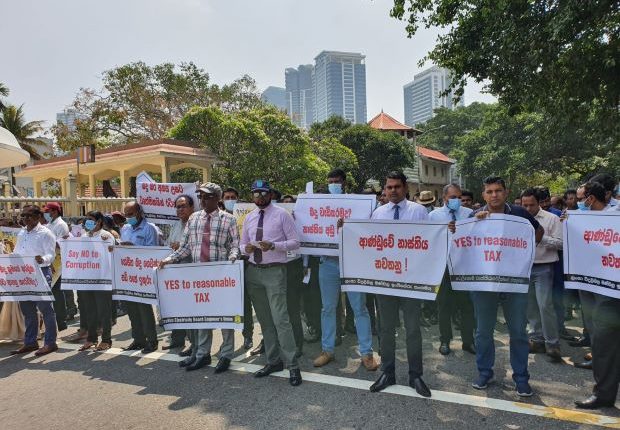CEB engineers raise concerns over reform implementation
COLOMBO – The Ceylon Electricity Board Engineers’ Union (CEBEU) has formally raised serious concerns about the manner in which electricity sector reforms are being implemented, urging Parliamentary oversight to ensure compliance with statutory laws and transparency.
In a letter to the Sectoral Oversight Committee on Infrastructure and Strategic Development, CEBEU criticized the reform process as fragmented and ad-hoc, lacking a coherent and publicly approved strategic roadmap. The Union highlighted that crucial decisions impacting national energy security, public finance, and institutional restructuring are being made without proper technical consultation or feasibility assessments.
The Union’s letter pointed to several key issues, including premature issuance of assignation letters to employees before legal establishment of successor companies, inadequacies in the draft Preliminary Transfer Plan and Human Resource Policy, and the erosion of independence of new unbundled companies due to overlapping committees.
Concerns were also raised about irregular employee assignation and retirement extensions that violate legal provisions, undermining trust and stability among the workforce.
CEBEU emphasized the failure to establish a statutory company to safeguard the Pension and Provident Funds of over 25,000 employees and pensioners, creating significant legal and financial risks.
The reform timeline has suffered repeated delays and missed deadlines, with the Union warning that frequent extensions without resolving underlying issues have diminished stakeholder confidence and suggested political pressures may be overriding strategic governance.
Transparency and public accountability were among the Union’s most pressing demands, noting a lack of effective stakeholder consultation and limited disclosure of reform progress and financial impacts.
The Union has called on the parliamentary committee to urgently review the reform process, summon responsible officials for clarification, and ensure all actions strictly comply with the Sri Lanka Electricity Act No. 36 of 2024 and the Electricity (Amendment) Act No. 14 of 2025.
CEBEU has also sought an opportunity to present its observations and proposals to the Committee to help Parliament fully understand the practical and legal challenges threatening the success of this nationally significant reform.
The letter has called for collaborative dialogue to correct deficiencies in the Preliminary Transfer Plan and transition process, underscoring CEBEU’s commitment to guiding the reforms in good faith toward a transparent, equitable, and sustainable electricity sector for Sri Lanka.
-ENCL



Comments are closed, but trackbacks and pingbacks are open.